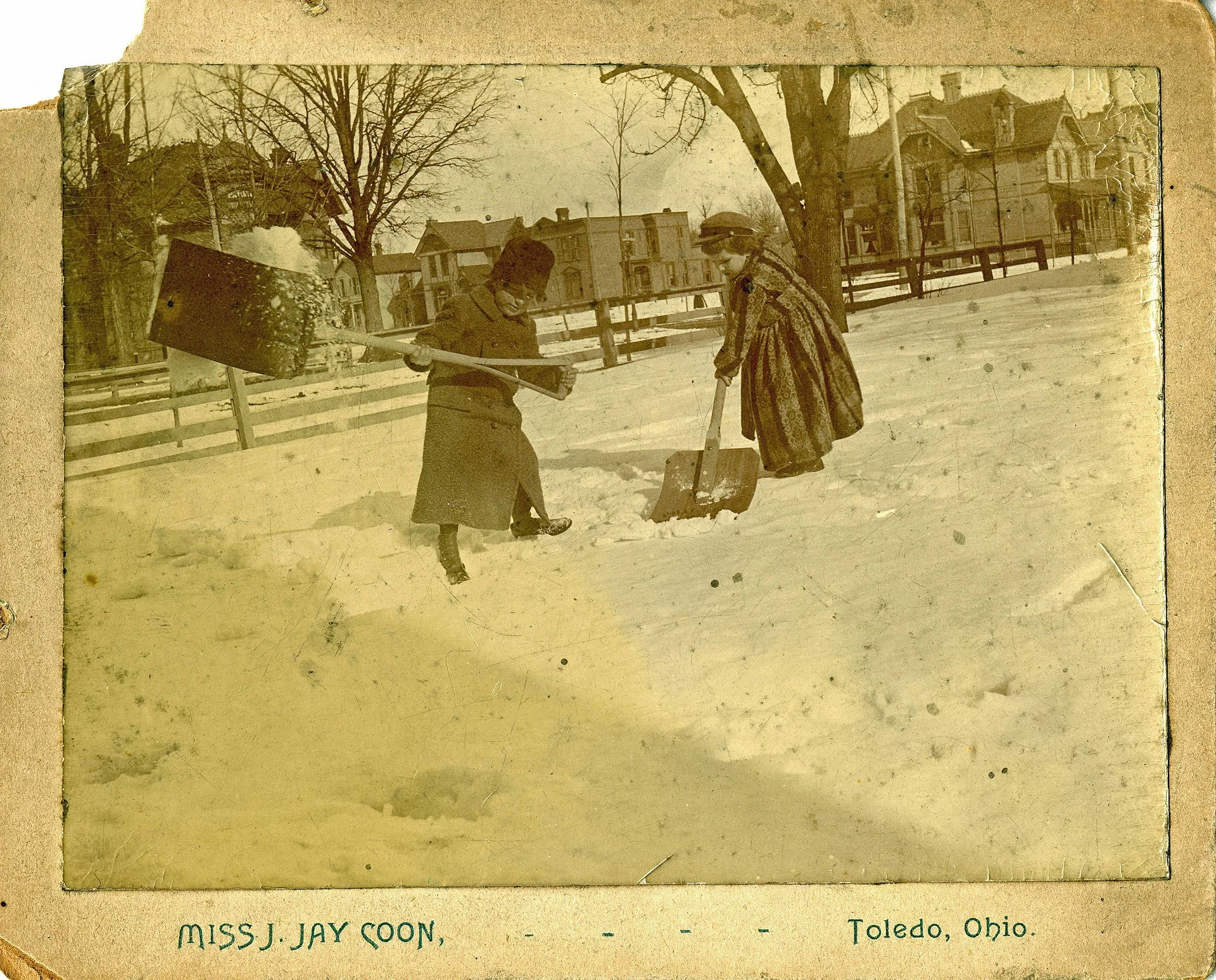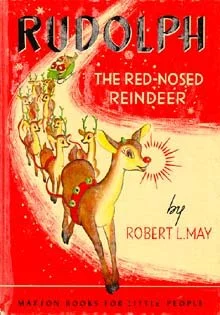
Snowstorms: Joy and agony; Jewish Christmas songs
The Dec. 12, 1960 blizzard prepares to slam New England.
Adapted from an item in Robert Whitcomb’s “Digital Diary,’’ in GoLocal24.com
I wrote this on the anniversary of a Dec. 12, 1960 blizzard I remember well partly because I was soon to move to another town, and so I’m thinking about snowstorms as a young person.
When my four siblings and I were kids, we loved the drama of big snows. The stillness before the first flakes, which in memory always seemed to come late at night. Then the muffled sound of the snowplows around dawn, as the northeast wind came up, as it did sometimes ferociously where we lived on a hill along Massachusetts Bay
Then, school having been cancelled (oh happy day!), we went out in our itchy and water-absorbing woolen snow pants, coats, mittens, caps and vulcanized rubber boots, with buckles, into the white and the wind, taking particular pleasure in the drifts, into which we’d try to make snow caves. With all this activity, a pair of gloves would rarely remain together for more than a week or two.
The day after the storm, if we were fortunate enough to again have no school, we’d enjoy what was usually a bright, crisp, crackling-dry and exhilarating day, with sledding and even a little skiing, though the work needed to climb up our little hill soon made that pall. On our way to a higher hill, it was fun to drag a toboggan on roads that the town hadn’t gotten around to plowing yet. The town was ours!
I should have known to feel sorry for my father, who had to do most of the snow-shoveling (until I was about eight and could seriously help) and often found it very difficult to get to his job in downtown Boston during and after blizzards. But as usual, he never complained. Some years in the future we children, like him, also came to see snowstorms, whatever their brief beauty, simply as irritating inconveniences in obligation-heavy workaday lives.
Indeed, as thaws and rain left a glaze of ice on the snow after cold fronts pushed in, and the snowbanks along roads became filthy with sand and dog poop in a town where most of these creatures ran around unleashed, even we as kids lost the joy of what the radio and TV people insisted on relentlessly calling the “white stuff’’.
After a few days, we were happy that a warm, southeast rainstorm would wash away all or most of the snow – until the next nor’easter came up the coast and brought more snow, which we’d enjoy for only a couple of days.
Of course, without weather satellites and the many other high-tech forecasting gizmos we have now, predictions weren’t nearly as accurate back then. Every once in while there would be a surprise snowstorm. I remember one that led Carl DeSuze, a WBZ radio personality, to jovially taunt the station’s chief meteorologist, Don Kent, with:
“Well, Don, I shoveled eight inches of ‘partly cloudy’ off my sidewalk today.’’
Have Yourself a Secular Christmas
Robert May, who was a secular Jew by background, created the Rudolph story, which May’s brother in law Johnny Marks, who also was Jewish, turned into an alarmingly popular song. May converted to Catholicism late in life.
Jews wrote all or part of most of the best known American nonreligious Christmas songs, mostly created in the mid-20th Century. Among them:
“White Christmas”; “Have Yourself A Merry Little Christmas” (deliciously maudlin!); “I’ll Be Home for Christmas” (also maudlin); “Santa Claus Is Coming to Town”; (retailers’ favorite?); “Rudolph the Red Nosed Reindeer”; “It’s the Most Wonderful Time of the Year” (revolting song!) and “The Christmas Song’’ (“Chestnuts Roasting Over an Open Fire”). The last could be called cocktail-lounge music, perfect for a wan, cigarette-smoking pianist with a drink by his side.
Why? Well for one thing, Jews found that music was one field (another was the movies) open to them in an era when anti-Semitism was still rife in America. And many Jewish immigrants brought a high appreciation for music with them from Europe. Further, Christmas in the mid-20th Century was becoming more of a secular (and commercialized) celebration and diversion in the darkest days of the year and less a Christian feast day. Note, by the way, that Dec. 25 is the only federal holiday that’s also a religious one.
Anyway, a special thank God for the Jews at Christmas. And remember that Christianity started as a Jewish sect.


